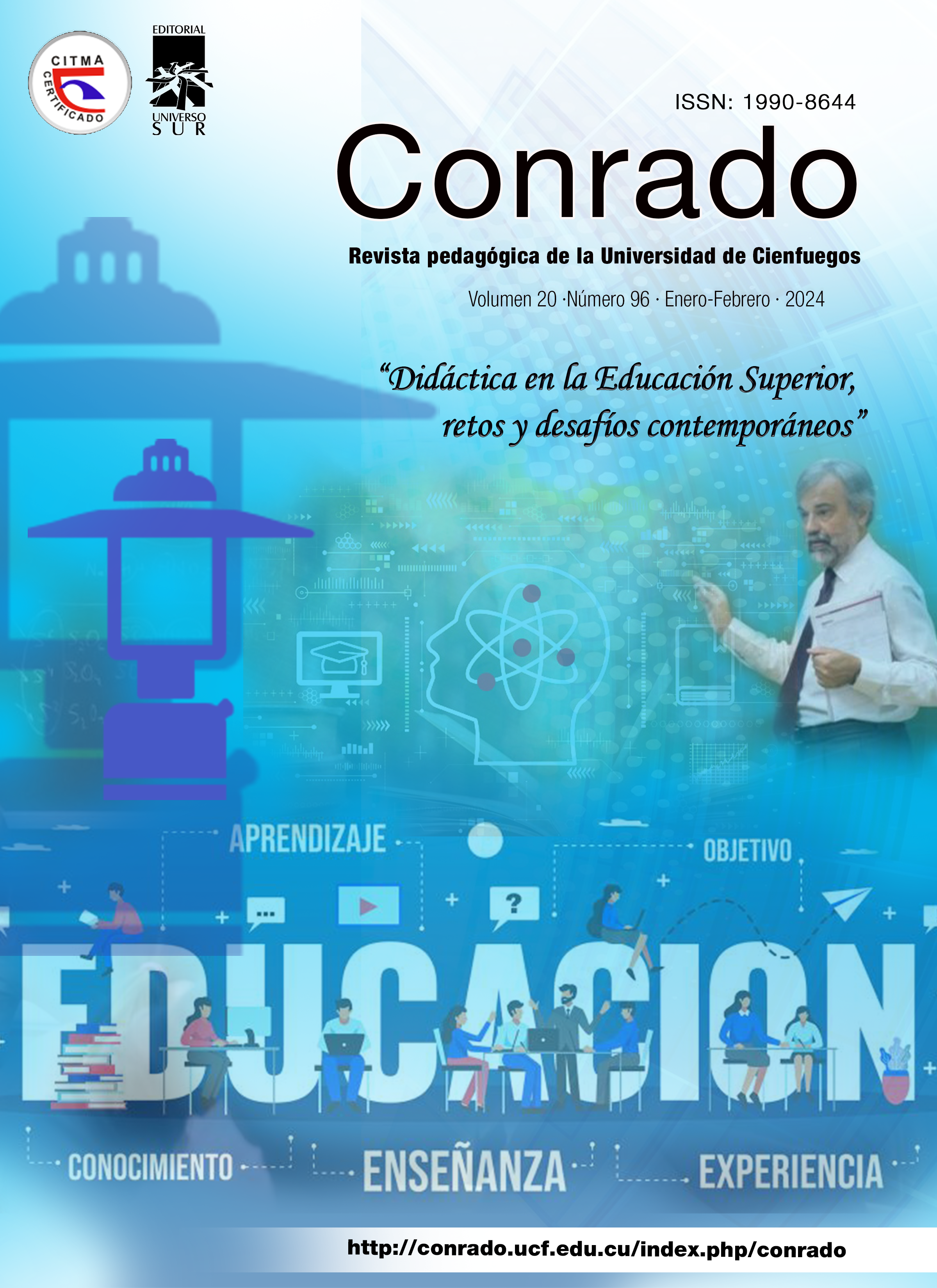Futurology of education: anthropological and educational strategies in a post-global world
Resumen
In the first quarter of the 21st century many countries including Russia are redefining their place in the world community in the political, economic, information and educational space. The processes of reforming various social spheres that have unfolded in all spheres of socio-political and economic life have extremely acutely actualized the importance and need for training teaching staff who will be able to create their own, unique, national educational system that meets the requirements of the time and based on the deep meanings of national spiritual life. In this article, the authors will touch upon important problems of confrontation between ideological and value constants of Eurocentric and Russian civilizations, the peculiarities of the historical path of Russia, the differences in the ways of identifying different generations and the possibility of their dialogue, the essence of the concepts of “post-humanism”, “post-anthropocentrism” and “post-dualism”, which are widespread in publications. The focus will also be on the analysis of educational trends of the future: readiness for life in conditions of uncertainty, the ability to construct one’s life from the number of opportunities that today provides us (“leap into the unknown future”).
Keywords:
Futurology of Education, Post-Anthropologism, Post-Dualism, Post-Humanism, New Educational Strategies.
RESUMEN
En el primer cuarto del siglo XXI muchos países, entre ellos Rusia, están redefiniendo su lugar en la comunidad mundial en el espacio político, económico, informativo y educativo. Los procesos de reforma de diversas esferas sociales que se han desarrollado en todos los ámbitos de la vida sociopolítica y económica han actualizado de forma extremadamente aguda la importancia y la necesidad de formar personal docente que sea capaz de crear un sistema educativo nacional propio, único, que cumpla los requisitos de la época y se base en los profundos significados de la vida espiritual nacional. En este artículo, los autores abordarán importantes problemas de confrontación entre las constantes ideológicas y de valores de las civilizaciones eurocéntrica y rusa, las peculiaridades de la trayectoria histórica de Rusia, las diferencias en las formas de identificar a las distintas generaciones y la posibilidad de su diálogo, la esencia de los conceptos de "posthumanismo", "posantropocentrismo" y "posdualismo", muy extendidos en las publicaciones. También se hará hincapié en el análisis de las tendencias educativas del futuro: la preparación para la vida en condiciones de incertidumbre, la capacidad de construir la propia vida a partir de la cantidad de oportunidades que hoy nos brinda ("salto al futuro desconocido").
Palabras clave:
Futurología de la Educación, Post-Antropologismo, Post-Dualismo, Post-Humanismo, Nuevas Estrategias Educativas.
Descargas
Descargas
Publicado
Cómo citar
Número
Sección
Licencia
La editorial "Universo Sur", de la Universidad de Cienfuegos, publica la Revista Conrado bajo la Licencia Creative Commons Atribución-NoComercial-SinDerivadas 4.0 Internacional (CC BY-NC-ND 4.0).
Usted puede compartir el material, sin fines comerciales, siempre que:
-
Atribuya adecuadamente (autores, revista, enlace al artículo y a esta licencia).
-
No cree obras derivadas.
-
Indique si ha realizado cambios.
Los autores conservan los derechos de autor.
Texto completo de la licencia: https://creativecommons.org/licenses/by-nc-nd/4.0/







